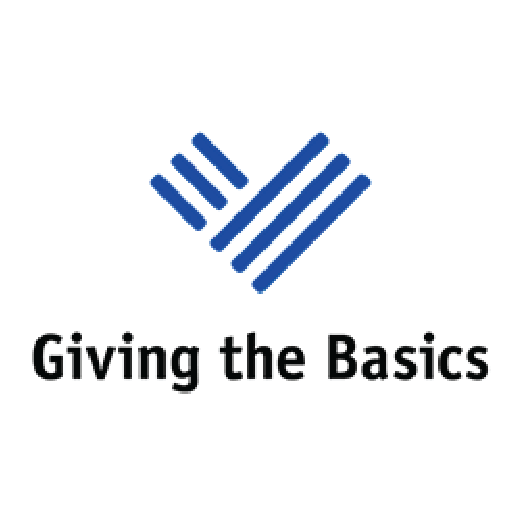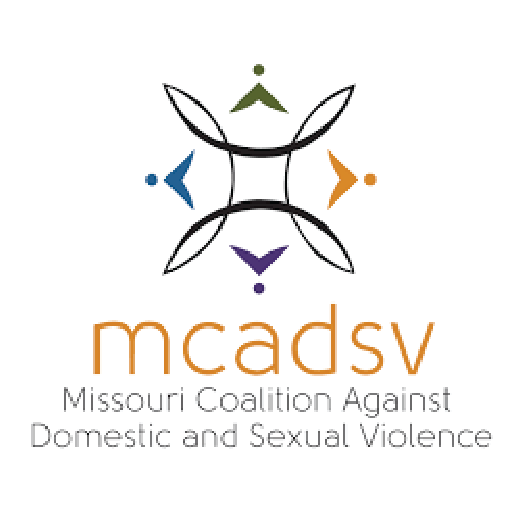How A Woman With Mental Health Trauma From Domestic Violence Can Qualify For Social Security Disability Benefits
Resources

One out of every four women has faced physical violence from an intimate partner, according to the National Coalition Against Domestic Violence (NCADV). These encounters have lasting scars, as many people who suffer a traumatic experience such as physical violence or the threat of physical harm are affected mentally. The trauma can lead to post-traumatic stress disorder, depression, and different kinds of anxiety disorders. Some of these mental health conditions can be so severe that you find yourself unable to work and earn a living. If this is the case, a woman with a mental health trauma from domestic violence may qualify for Social Security Disability benefits.
Medically Qualifying For Disability
The SSA has a medical guide, which is called the Blue Book, that is used to determine if a claimant qualifies for disability benefits. The Blue Book has listings for different disabling conditions and each listing has specific medical criteria that must be met for a claim to be approved per that listing.
Mental disorders for adults are reviewed under Section 12.00 of the Blue Book. There are sections for different disabling disorders, such as Listing 12.04 covering depressive, bipolar and related disorders and 12.06 covering anxiety and obsessive-compulsive disorders. Each listing has detailed criteria that must be met, and you must provide supporting medical evidence and other documentation that confirms the severity of your condition. Section 12.15 specifically covers disorders related to trauma or stressors. To qualify per listing 12.15, you must show extreme limitation of one, or marked limitation of two, of the following areas of mental functioning –
- Interact with others
- Understand, remember, or apply information
- Concentrate, persist, or maintain pace
- Adapt or manage oneself OR
Your mental condition is serious and persistent, which means you have a medically documented history of the condition existing for at least two years and there is evidence of both –
- Medical treatment, mental health therapy, psychosocial support, or a highly structured setting that is ongoing and diminishes the symptoms and signs of the disorder AND
- Marginal adjustment, which means you have minimal capacity to adapt to changes in your environment or demands that are not already part of your daily life
Using A Medical Vocational Allowance
If you cannot qualify per a Blue Book listing, you may qualify using a medical vocational allowance. That approach takes your age, work history, educational background, transferrable skills, and medical conditions into consideration. You must provide hard medical evidence. A residual functional capacity (RFC) form completed by your physician can be beneficial since it details what you can and cannot do. It will allow the disability examiner to determine what you can and cannot do, and if you are able to work.
Applying For Benefits
If you are unable to work and earn a living because of mental health trauma from domestic violence, you should gather supporting evidence and documentation for your claim. You can start the claims process online or by calling 1-800-772-1213 and speak with a representative.
Resources Found Via:
- https://ncadv.org/STATISTICS
- https://www.ssa.gov/benefits/disability/
- https://www.disabilitybenefitscenter.org/glossary/blue-book
- https://www.ssa.gov/disability/professionals/bluebook/12.00-MentalDisorders-Adult.htm
- https://www.ssa.gov/disability/professionals/bluebook/12.00-MentalDisorders-Adult.htm#12_15
- https://www.disabilitybenefitscenter.org/blog/acceptable-documents
- https://secure.ssa.gov/apps10/poms.nsf/lnx/0424510006
- https://www.ssa.gov/applyfordisability/








